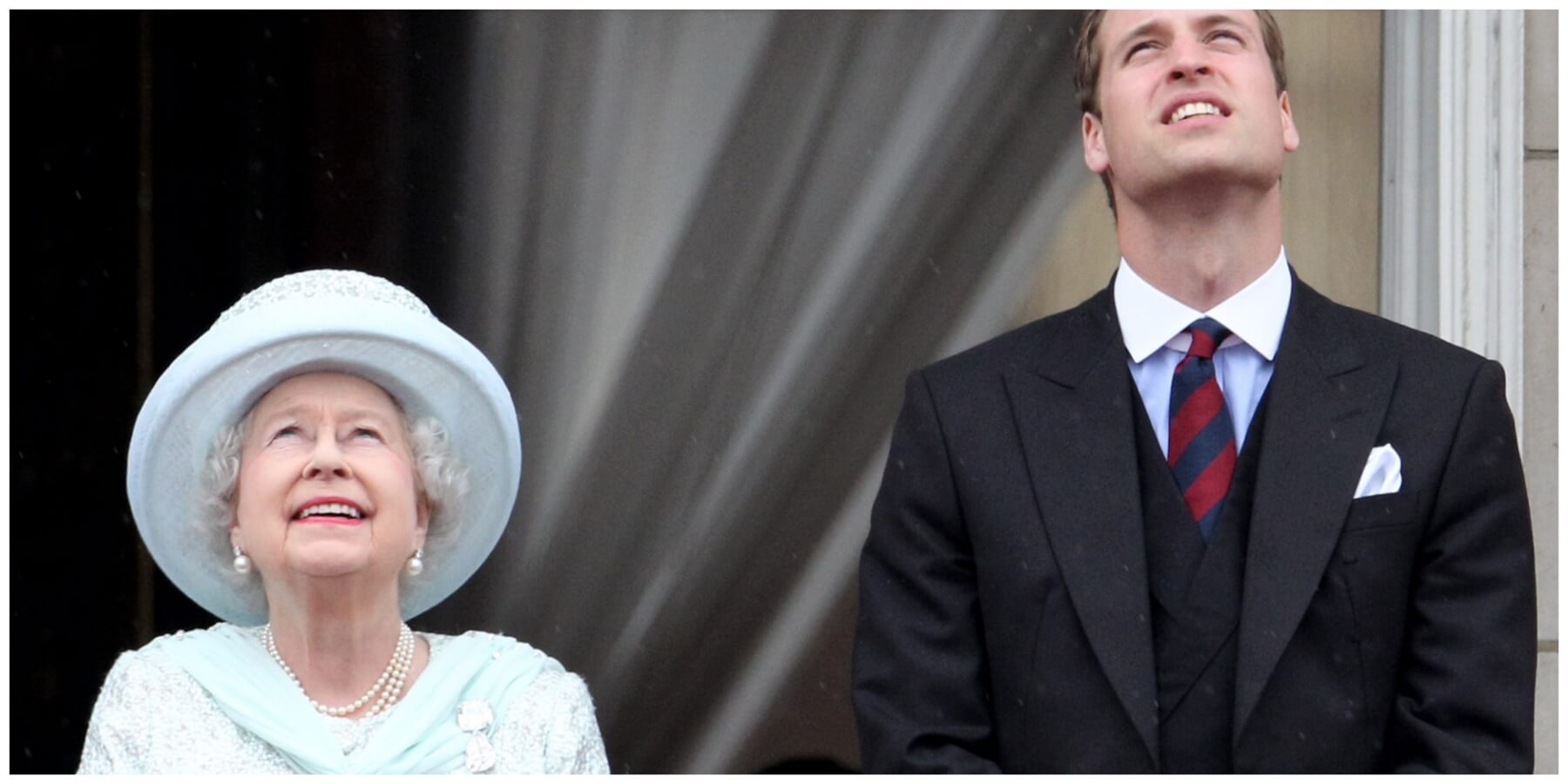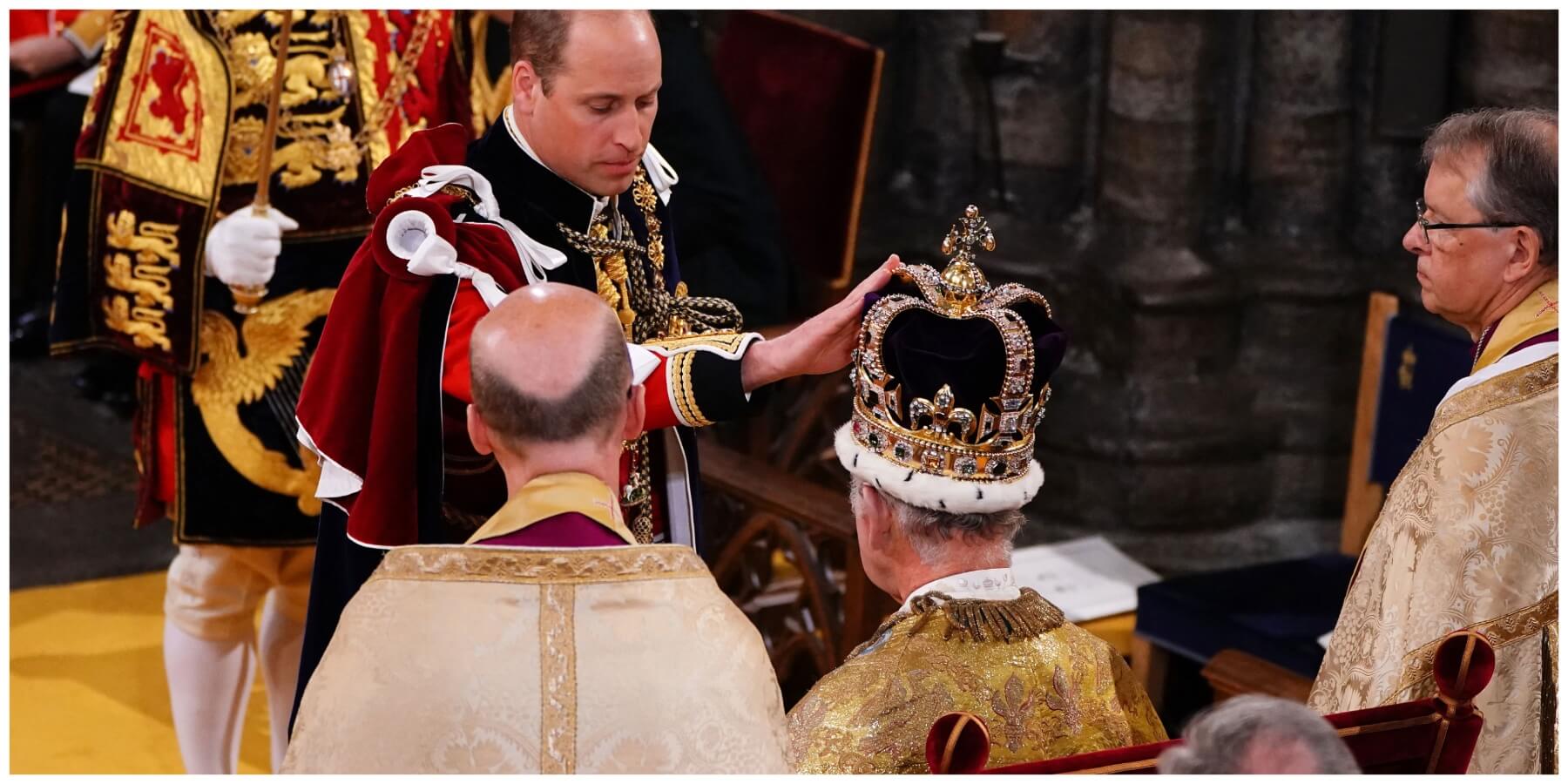
Prince William Could End 500-Year-Old Royal Tradition Beloved by Queen Elizabeth as King: Royal Author
Prince William could end a 500-year-old tradition beloved by Queen Elizabeth going back to Henry VIII when he becomes the United Kingdom’s king, says a royal author. William could potentially cut ties with the Church of England over not sharing the same feelings as the previous monarchs about the religion. His grandmother was its leader for over 70 years. Its current head is King Charles.
A royal author claims Prince William isn’t as faith-driven as his grandmother
Royal biographer Robert Hardman revealed that Prince William, the heir apparent to the British throne, could break away from the Church of England when he takes over the monarchy from his father, King Charles III. Hardman is the author of The Making of a King: King Charles III and the Modern Monarchy.
He wrote, “In royal circles, it is no secret that he does not share the king’s sense of the spiritual, let alone the late queen’s unshakeable devotion to the Anglican church. His father is very spiritual and happy to talk about faith, but the prince is not.”
According to the New York Post, Hardman continued, “He doesn’t go to church every Sunday, but then nor do the large majority of the country. He might go at Christmas and Easter, but that’s it.”
“He very much respects the institutions. But he is not instinctively comfortable in a faith environment,” Hardman concludes.
Queen Elizabeth’s chaplain believes William ‘doesn’t show any signs’ of faith devotion
Gavin Ashenden, Queen Elizabeth’s chaplain from 2008 to 2017, agreed that it appears Prince William may not be as devout as his grandmother and father to his faith in the Church of England. He told GBNews, “I think it’s very interesting and almost certainly true. William doesn’t show any signs of being alive to the vibrancy of Christian faith.”
“And in that sense, he is very representative of his generation, but I don’t think he understands the monarchy because although lots of people have talked about disestablishing the Church of England and changing our constitutional arrangements. However, they’re immensely complex and they go back through 500 years of legislation.”
“So I think he either has to accept the fact that this is a role he plays, whether he likes it or not, which is part actually of the burden of monarchy, or if he feels that strongly and he can’t do it, then step aside and abdicate and see if there’s somebody else in the Royal succession who can.”
King Charles is currently the head of the Church of England. Prince William will assume the same role upon being crowned king.
How long has the royal family headed the Church of England?

The royal family has been head of the Church of England for over 500 years. Henry VIII spearheaded the religion.
Henry VIII broke ties with the Pope in the 1530s after the Catholic church wouldn’t allow him to annul his marriage to his first wife, Catherine of Aragon, who failed to produce any male heirs. He then took Anne Boleyn as his new wife, but it wasn’t until Henry’s third wife, Jane Seymour, that he had his long-awaited male heir, Edward, in 1537.
Henry later passed the Act of Succession and the Act of Supremacy. These acts essentially declared himself the supreme head of the Church of England.
The royal family website writes that since the 16th century, monarchs have sworn to maintain the Church of Scotland. Queen Elizabeth pledged to “preserve the settlement of the true Protestant religion as established by the laws made in Scotland” on her accession in February 1952.
Official law, co-signed by the British government, dictates that whoever ascends to the crown automatically assumes the title of supreme governor of the Church of England. Therefore, when Prince William becomes king, he will head the church as did Queen Elizabeth and King Charles.



